What is Healthcare Administration?
Healthcare administration involves administering, leading and managing healthcare systems including hospitals, hospital networks, and large healthcare systems. Healthcare administrators work closely with other healthcare professionals to ensure that patients receive the best possible care. They also administer programs that teach healthy lifestyle habits and prevention of disease and illness, in the hopes of promoting a healthier overall community.
Healthcare administration may involve the oversight and management of:
- The whole healthcare system
- Particular facilities like a physician’s practices, hospitals, or home health agencies
- Individual departments or units including the critical care units, emergency departments, and cardiac care units
- Clinical areas like nursing, physical therapy, and cardiology
- Other areas including staffing, facility administration, admissions, and finances
There is a lot that goes into becoming a successful and qualified healthcare administrator and it all starts with a desire to lead and a comprehensive understanding of the healthcare industry. Unlike clinicians, professionals in the healthcare administration field do not deal directly with patients on a day-to-day basis. They rather help to shape policy, make needed changes and lead a nation’s health-related organizations in a way that serves individual patients by helping to improve the health care system.
You can find administrators working in hospitals, physician group practices, nursing homes, and home health agencies. They also work in the public sector, for example in health departments, or in the private sector, such as with pharmaceutical companies, health insurance providers, consulting firms or companies that make medical supplies and equipment. Skilled healthcare administrators create an environment in which healthcare providers are able to practice both effectively and efficiently. It also provides safe, comfortable, and compassionate places for people to receive health services. Although healthcare administration is concerned with the business side of healthcare, it does not diminish the focus on providing top quality and highly effective patient care.
Present trends and Challenges in Healthcare Administration
Undoubtedly, a hospital administration professional's job can be extremely tough and demanding. With increasing competition and expenses, hospital executives must prepare administrators to effectively lead during a time of transformational change in our healthcare system.

Following are some trends and challenges that these administrators are expected to overcome in order to successfully improve patient care while maintaining fiscal responsibility:
More Internship opportunitiesWith a struggling economy, employers seek internships over full-time employment. This lets them vet workers and assess their quality without committing to shelling out a salary. Most of these internships are for a short period of time and hence offering graduates with healthcare administration degree and, there's always the possibility that it ends in a permanent hire.
The Need for SpecializationProfessionals into Healthcare administration have started venturing outside the typical atmosphere of hospitals and physician offices. Working in one of these "specialized" fields often isn't enough of a specialty, though. It is expected that healthcare administrators should accommodate the particular needs of their area of expertise and manage every healthcare setting. With a specialization strategy solidified, hospital administrators must focus their efforts on recruiting specialized personnel and building a local reputation for excellence for the practice area.
Leadership Skills are very important for a healthcare administrator. Just because a graduate has taken business courses doesn't mean they're a strong leader. Employers are hiring candidates who have taken leadership courses or those who had led a team during an internship.
Develop skills to Compete for healthcare professionalsThere is a real shortage of healthcare professionals which is hurting the profitability of hospitals as they pay more for every employee they hire. Hospitals will be forced to compete for Registered nurses, licensed vocational nurses Home health aides, Nursing aides, attendants, Physicians, and surgeons. Hospital administrators must plan properly to address the shortage and compete for the best employees. As they compete, they must be skilled at recruiting, hiring and retaining qualified healthcare professionals. Hospital administrators need to build strong relationships with schools that offer healthcare-related degrees in their local communities and across the nation. Additionally, they must make working at their hospital attractive, which means thinking beyond competitive pay and benefits to ensuring each individual employee feels connected to the hospital and has a passion for working for the organization.
Improve patient care through technologyHealthcare administrators need broad-based skills to integrate information and make evidence-based decisions. From electronic communication to order entry systems to the most advanced imaging technology, even the best technology is no good unless it's applied to improving organizational and patient outcomes. Hospital administrators are responsible for making sure hospitals operate efficiently and provide quality medical care to patients. As a result, they must keep up with advances in medicine, technology and government regulations and policy changes.
Managing Medicare and MedicaidHealthcare administrators are challenged with providing healthcare services to uninsured and under-insured patients while maintaining fiscal responsibility. Government reimbursements for Medicare and Medicaid patients and hospital administrators have, arguably, the biggest hurdle ahead of them, providing healthcare services to an aging population that relies on Medicare for their healthcare needs. Healthcare administrators must find ways to offset these expenses while expanding their healthcare services in areas where they can serve more patients.
What’s ahead in Healthcare Administration?
It is estimated that about 300,000 people serve as health administrators, from middle management to CEO positions. Per the Bureau of Labor Statistics, healthcare administration career is likely to grow 17% between 2014 and 2024, much faster than average. Also, it is expected that the median salary for these healthcare administrators will be $96,540 annually at a rate of $46.41 per hour.
The aging baby boomers will increase the demand for healthcare, therefore, increasing the need for more administrators in the healthcare facilities. As this massive section of the population ages, they will need care in a variety of ways. From physical therapy to surgical intervention, to hospice care, there have to be people there to provide these healthcare services and coordinate all of them. Population growth is as well as one of the main factors affecting the employment rate of healthcare administrators. The increase in the population will create the need for new healthcare services along with service providers. This growth will lead to a projected growth for healthcare administrators along with other areas of the healthcare employment sector.
EHR Interoperability Will Dominate ConversationsDespite the need for qualified Healthcare administrators with the requisite leadership skills, the healthcare industry will also need professionals who understand electronic health records (EHRs). When EHRs are compatible with each other, these systems can produce more relevant data. Also, because patients visit more than one doctor, healthcare administrators will have to promote open communication so that all medical professionals have access to the same data.
Regulatory Compliance and Cyber Security at a Macro LevelData becoming the new health care currency, protecting it will definitely be key. Clinical innovations, connected medical devices, and market complexity have amplified the continued need for evolving government policies, regulatory oversight, and risk management. The rapid growth of "consumptive” health services such as prescription drug pricing in the United States have recently received a lot of regulatory attention. Cybersecurity is another top concern to the industry. It is the huge volume of high-value data and growing demand for interconnected IT environments that make health care an attractive target for cybercrime.
Maintaining the Talent ContinuumAn aging workforce, rising demand for health care services, moral and well-being concerns are driving shortages of appropriately skilled health care staff in both developed and developing economies. But, there are different dimensions shaping the future of work. While automation is impacting a number of administrative processes, tele-health and digital medicine tools will be enabling a “care anywhere” model. Organizations have to build and deploy new staffing models, such as allowing nurses to work remotely, while still building strong patient relationships.
References:https://mhadegree.org/what-is-healthcare-administration/ https://explorehealthcareers.org/career/health-administration-management/health-administrator/ https://www.topmastersinhealthcare.com/trends-for-healthcare-administration-graduates/ https://www.beckershospitalreview.com/hospital-management-administration/5-challenges-hospital-administrators-must-overcome-to-succeed-in-todays-rapidly-changing-industry.html https://www.bls.gov/ooh/management/medical-and-health-services-managers.htm#tab-5 https://www.ecpi.edu/blog/the-future-of-healthcare-administration-where-could-it-take-you https://healthadministrationdegree.usc.edu/blog/the-future-of-healthcare-administration/ https://www.healthcareadministrationedu.org/what-is-health-and-medical-administration/ https://www2.deloitte.com/global/en/pages/life-sciences-and-healthcare/articles/global-health-care-sector-outlook.html









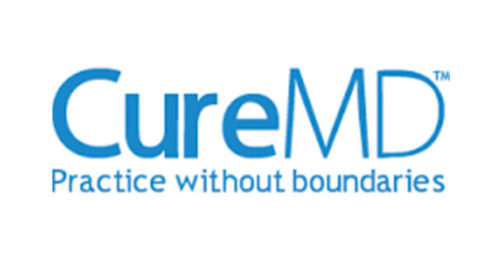
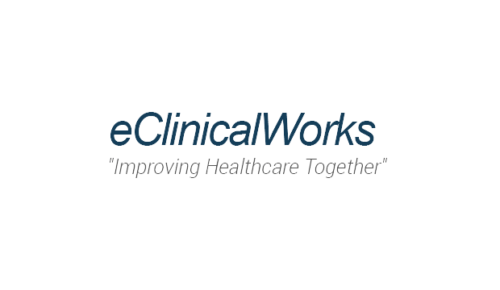
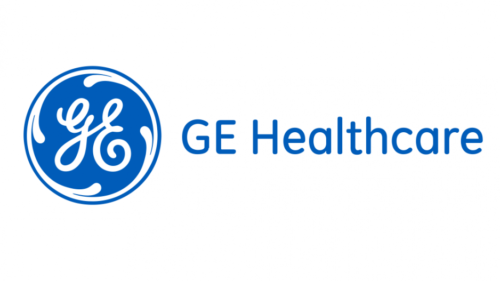


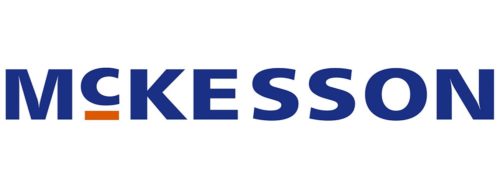

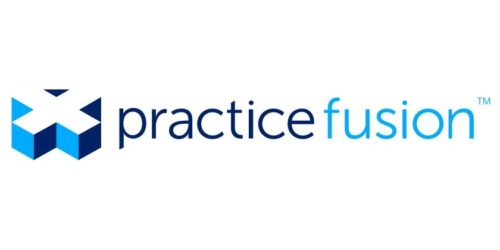

Leave a Reply